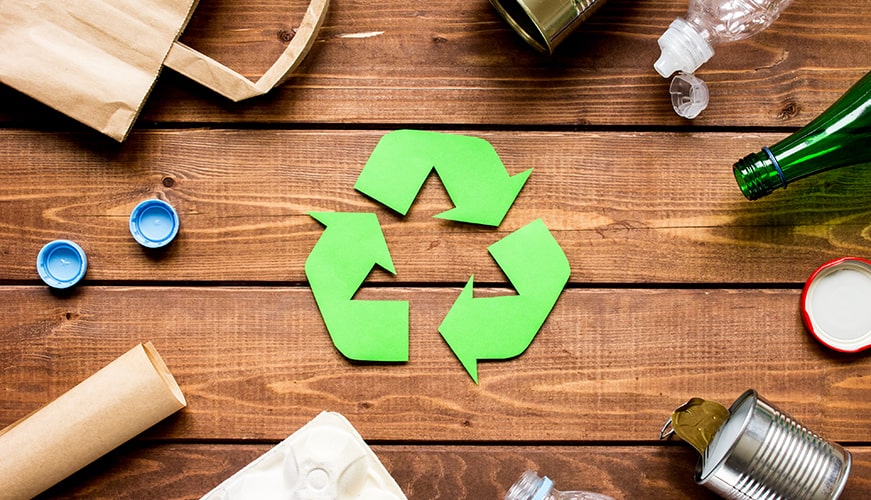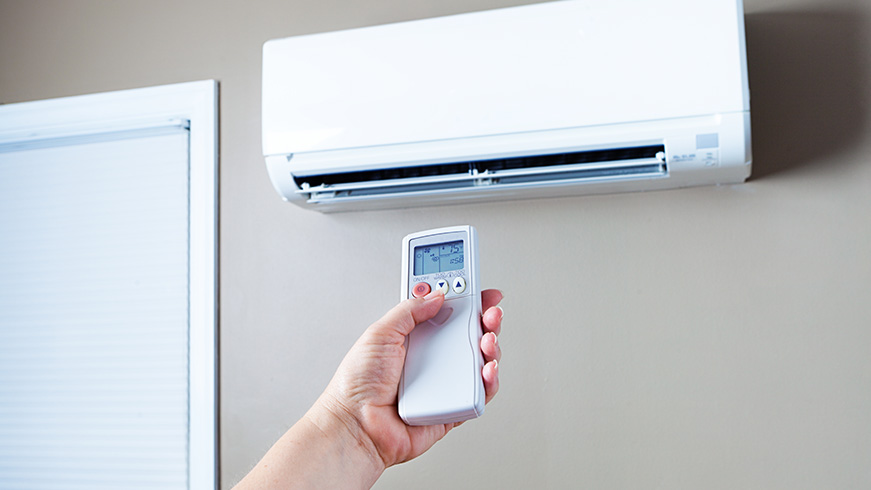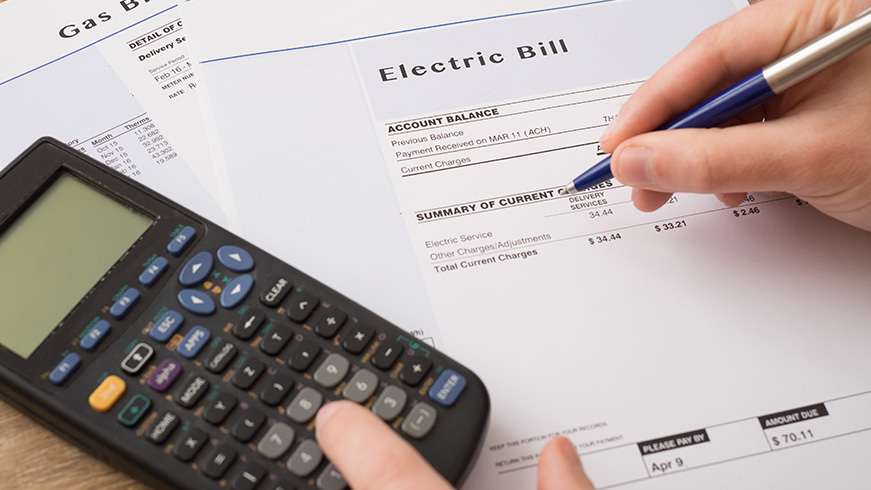You may have heard the saying “reduce, reuse, recycle”, the first of these is by far the most effective. Reducing consumption means reducing waste, which can go a long way toward reducing your impact on the environment.
1. Plan groceries ahead of time
When we’re in the grocery store, our eyes are often bigger than our stomachs. This leads to lots of unnecessary food waste due to overbuying. One way to make sure you only buy as much food as you can eat is to plan your meals ahead of time. Come up with a loose weekly “menu” and incorporate leftovers as much as possible. By keeping an inventory of what’s currently in your fridge, you’ll be able to reduce what you buy. Planning your meals in advance might take a little extra time, but mealtimes will be much less stressful and your pocketbook will thank you in the end.
2. Say goodbye to single-use plastic
Disposable plastic containers are a huge problem for the environment. Plastic waste clogs our oceans and endangers wildlife. Plastic takes a very long time to break down, and when it eventually does, it releases harmful toxins into the water and soil. Some easy ways to cut out single-use plastic from your life are to buy grocery items in bulk rather than in single-serving containers, use refillable containers and reusable bags whenever possible, avoid plastic straws and tableware, and choose products with recyclable cardboard instead of plastic packaging.
3. Fix it, don’t ditch it
We create waste by throwing away items that can be repaired. Do you find yourself tossing out piles of clothes each year? Try picking up some simple mending skills. The same goes for electronics, appliances, and furniture. In the age of online tutorials, it’s never been easier to learn how to fix something. You can also prevent waste by making smarter purchases. Rather than buying cheap products that need to be replaced frequently, invest in high-quality products from the beginning. These products will last longer and are built to be repaired rather than replaced. If you don’t know how to do it yourself, don’t be afraid to call a repairman. The next time you go to throw something out, give a second thought to fixing it instead.
4. Make your own cleaning products
No need to buy name brand products for cleaning your home when you probably already have the ingredients to make them yourself. Effective all-purpose cleaners can be made with vinegar, water, and baking soda. Different natural ingredients can be added to make detergent, window cleaner, and toilet cleaner as well. Just keep a refillable spray bottle and mix up a new batch when you run out. This will save you from buying a new bottle every time, and you’ll be using less harmful chemicals around your house.
5. Revamp your gift giving
Gift giving is a tradition for all occasions, from birthdays and baby showers to weddings and retirements. It’s tempting to go out and buy something new when we’re in need of a gift. But all too often, gift exchanges result in unused, unwanted things. Next time you’re presented with a gift giving opportunity, steer clear of trinkets that will eventually collect dust on the shelf or find their way toward a garbage bin. Instead, try gifting a service or activity instead of a product—dog walk vouchers, massages, museum memberships, or concert tickets are all great waste-free gifts that anyone is sure to enjoy.
If we approach sustainable living with the intention to cut back on waste, we reduce the need to reuse and recycle, as well. By reducing our consumption, we can stop the cycle of waste before it even gets started.



